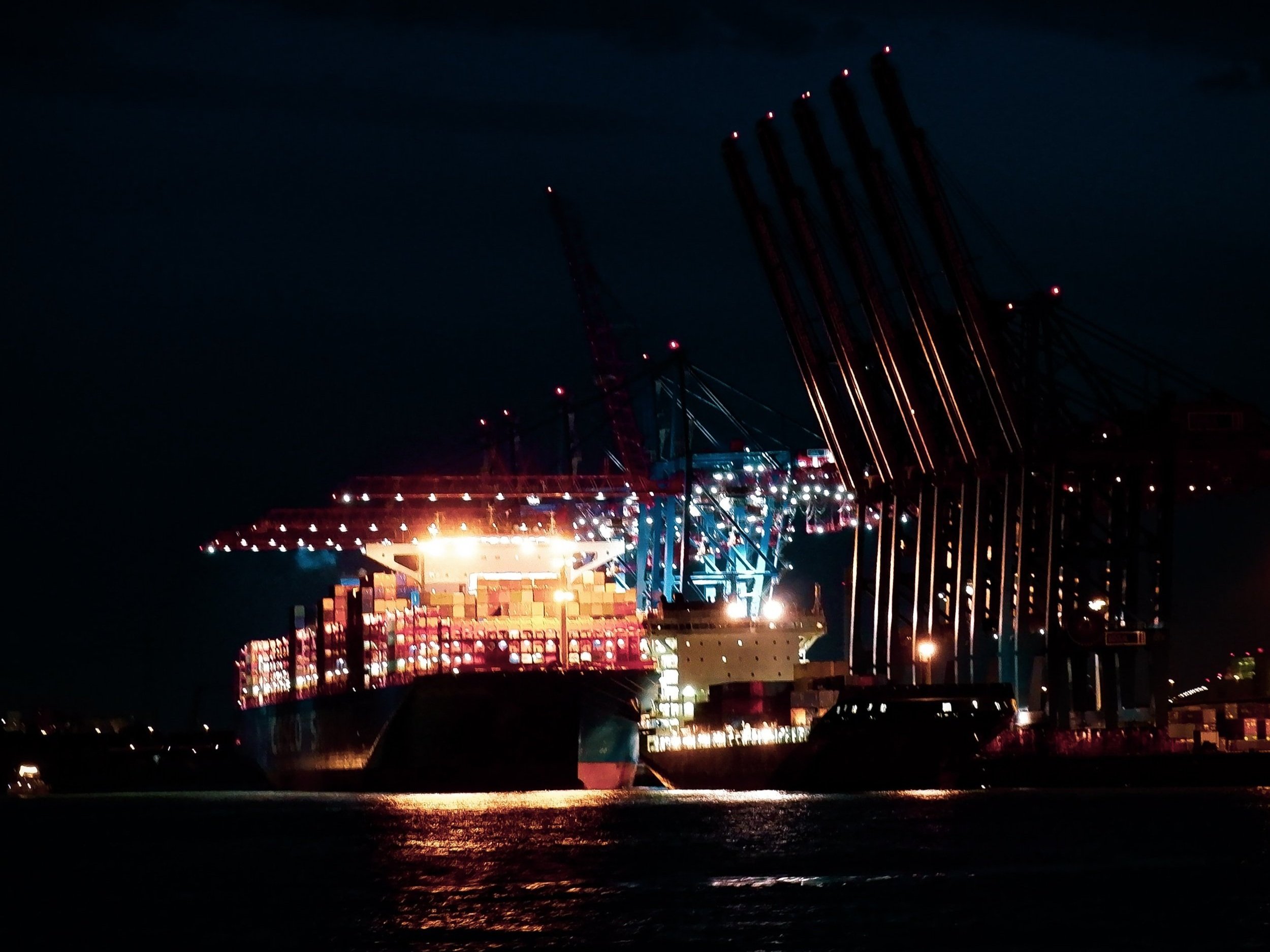Two Maritime Transport Companies Penalized for Breaching Ocean Shipping Reform Act
The Federal Maritime Commission (FMC) has imposed fines on carriers Ocean Network Express (ONE) and Wan Hai Lines, totaling $2.65 million, for violating the Ocean Shipping Reform Act of 2022 through unreasonable pricing practices related to demurrage and empty container returns. ONE agreed to a $1.7 million civil penalty and will issue refunds and waivers to affected shippers for assessing detention charges when no appointments were available for equipment return. On the other hand, Wan Hai Lines consented to a $950,000 fine for failing to maintain reasonable pricing practices around empty container returns and has taken corrective action, refunding all detention charges collected under the disputed invoices.
This action is part of the FMC's increased scrutiny of the shipping industry, with over 280 complaints received since the enactment of the Ocean Shipping Reform Act. The commission is sending a clear message to the international shipping community about compliance with U.S. legal obligations, with FMC Chairman Daniel B. Maffei commending the efforts that resulted in "meaningful civil penalties, and relief for impacted shippers." Other carriers, like Hapag-Lloyd and Evergreen Shipping, have also faced penalties and complaints related to their service practices.
The shipping industry may struggle to secure enough carbon-neutral fuels to meet the 2030 maritime emission targets, according to DNV.
The number of blank sailings in the global container shipping market has reached its lowest point since the pandemic began, indicating a path toward normalization, according to Sea-Intelligence.
The US military's preparations for conflict in the Pacific are being hindered by inadequate logistics planning, according to Bradley Martin and Christopher Pernin of the RAND Corporation.
According to complaints filed with the U.S. Federal Maritime Commission (FMC), all of the top ten ocean container carriers have been accused of price gouging and unfair practices by shippers over the past 18 months.
The Federal Maritime Commission (FMC) has imposed fines on carriers Ocean Network Express (ONE) and Wan Hai Lines, totaling $2.65 million, for violating the Ocean Shipping Reform Act of 2022 through unreasonable pricing practices related to demurrage and empty container returns.
Shipping companies are increasing their rates to ship containers from Asia to the US as they attempt to offset a fall in rates ahead of the importing season.
The United States has been conducting a record-setting logistics exercise in the Indo-Pacific, which is considered one of the most challenging theaters in the world.
G Captain Founder and CEO Captain John Konrad is signaling the importance of changing how banks int he US operate when funding shipyards and naval security.
Container lines have historically been able to withstand increases in vessel capacity, but a massive increase in capacity could potentially pose challenges for the industry.
A survey of large shippers over the past twelve months shows that 62% of companies are viewing cost-reduction strategies as a top priority next year.
Containers are no longer in hot demand, so retail orders, shipping containers, and ship sailings are being canceled left and right.
With a recorded 2022 revenue of over $22 billion, the ocean logistics company is reporting higher volumes as compared to last year.
Globally, container shipping is still skyrocketing in profits.
Egypt’s El Hamra oil terminal, operated by Egypt’s Western Desert Operating Petroleum Co. on its northern coast, has become the host of approximately 700,000 barrels of Russian oil cargo.
Hapag-Lloyd is shipping 18k TEU’s and decarbonizing the heavy transport with advanced biofuels such as FAME - a fatty acid methyl ester.
Shipping firms are recognizing that there’s money on the table, and they aren’t afraid to grab it.
Ocean carriers received a verbal berating at June 15th’s Agriculture Transportation Coalition (AGTC) Annual Meeting.
he cost of running and maintaining steamships for shipping cargo across the sea is getting more expensive, as well as the product being moved.




















The U.S. is ramping up defense industrial cooperation with Indo-Pacific partners like Japan, India, and others to bolster supply chain resilience amid threats, particularly from China.